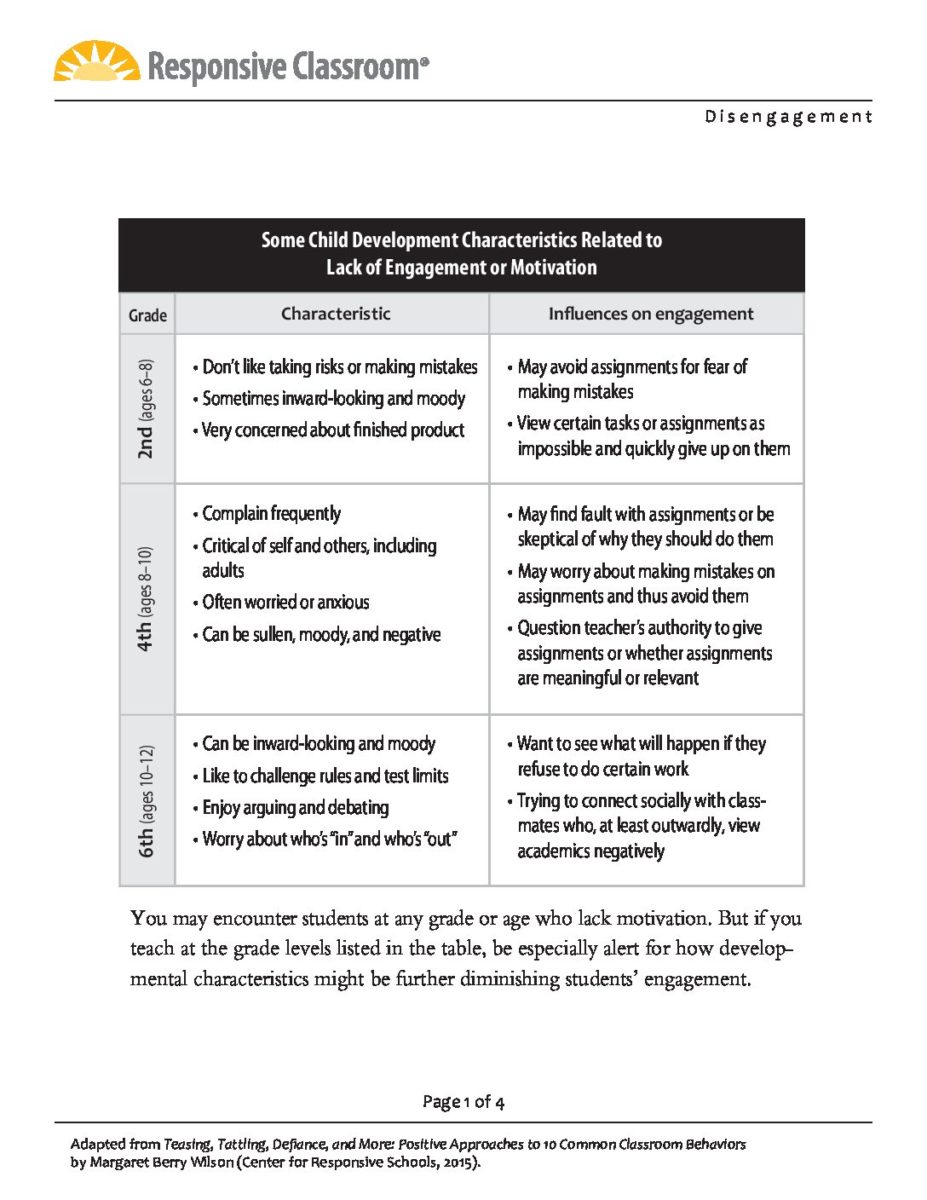Connection. Intention. Teamwork. Trust. These are the words that come to mind when I think about education and establishing relationships with students. It’s important to get to know students and form a bond with them in order to help foster growth and engagement in students, which will contribute to their success in the classroom. To achieve this goal, a Gestalt method must be employed. It is imperative to look at, understand, and empathize with the whole child in the classroom and not just the little glimpse you see, the glimmer of themselves they choose to share with their teachers.
Teachers are taught many necessary concepts when studying education, but something may be lacking. There is a lot of focus on pedagogical theories, but there may not be enough attention paid to the psychology of education, social-emotional learning, relationship building, and relationships with students’ families.
As teachers, we may not be taught enough about how to talk to parents about their children. There are the easy conversations teachers will have with parents that require no training—when a child successfully learns a difficult math concept or resolves a conflict with another student respectfully. But what about the more challenging conversations, the ones we are all too familiar with? There will be challenges, mistakes, and missteps that will require a difficult conversation with parents.
When we have these challenging conversations, we need to be mindful of how we communicate with the student’s family. Empathy is key to understanding the parent’s side of the conversation. Set aside your own feelings—whatever transpired wasn’t intended to hurt you, it simply was. State the facts of the situation clearly, concisely, and thoughtfully. Be mindful of word choice. Even if the word is indeed factual, you may want to modify your word choice because it could be construed as inflammatory or could connotatively have a negative meaning. Choosing the “wrong” word can change the dynamic between the teacher and the
parent—it may come across as accusatory and the parent may become defensive.
Communication is important to me as a teacher. I share my cell phone number with families, work hard to keep lines of communication open, and make sure that my students and their families know that we are a team working together. When I call a student’s parents, it’s because I have concern for the student, not because I want to get them in trouble. The shared goal of students, parents, and teacher is seeing students rise to their fullest potential and be as successful as possible in school. The students and their parents need to know that we as teachers will do all that we can to help students achieve their goals but that we can’t do it alone. We will be more successful when we work together.
During this time of uncertainty, with many schools going to virtual or hybrid learning, this sense of being a team is even more important. We are asking so much more of students and families. We are requiring them to have a more active role in this team than we have before, so we must keep those connections between teachers and families strong and lines of communication open while keeping some important things in mind:
- Keep it short and sweet. Parents are so busy. They always have been, but are even more so now, especially those with one (or more) children in a virtual or hybrid learning situation.
- Some parents may be facing additional stress due to the pandemic. They may be out of work, working from home, or going into work while also trying to manage their child’s schoolwork and schedule.
- Families tend not to live as close to their extended families as they have in the past, which means they may not have a support structure to lend a hand.
Communication with parents is important, but I also want them to be able to read it without taking up too much of their time. It would be best if they could
read an email from a teacher and have their takeaways within a few minutes. (Bullet points are your friends, teachers!)
With or without a pandemic, teachers should always remember that no matter how upset or angry you are about what transpired in your classroom, you are speaking about someone else’s child. Parents are doing the best they can, and they are sending you the best they have (their child), so you must also want the best for them.
For sample language and developmental considerations when communicating about behavior, download this tip sheet.

